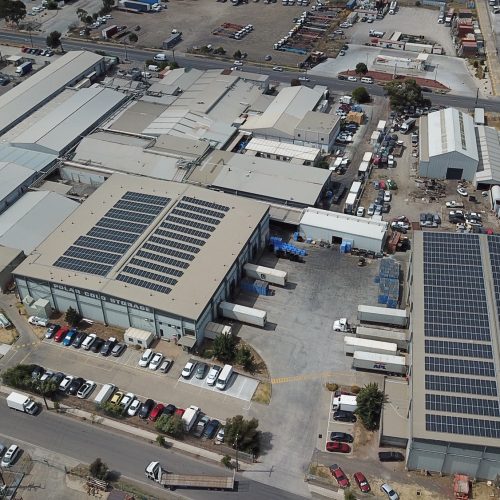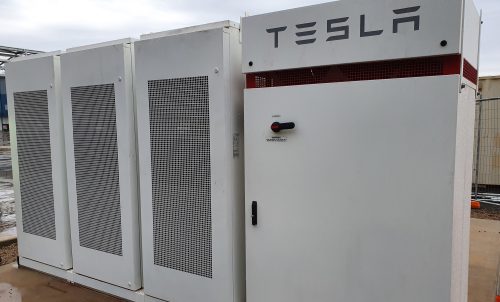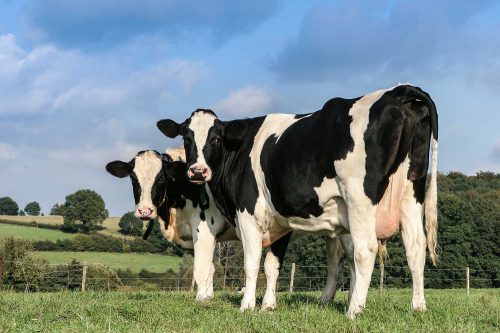The wine industry, like many other sectors in food manufacturing, is facing increasing pressure to reduce its carbon footprint while maintaining profitability. Sustainability reporting is rapidly becoming a requirement, with nearly 60% of grape and wine businesses under pressure to meet sustainability compliance.
In Australia, 58% of consumers now say that sustainable winemaking is more important to them than it was two years ago, reflecting a growing interest in sustainable practices within the wine industry. Wineries that aren’t making moves to be more sustainable are at risk of being left behind.
For some wineries, the path to sustainability and zero waste involves a significant shift towards renewable energy. Here’s how three wineries—Yering Station, De Bortoli Wines, and Andrew Peace Wines—are harnessing the power of the sun to not only cut costs but also generate revenue, all while moving closer to their zero-waste goals.
Contents
Yering Station: boosting reliability and revenue
Located in the Yarra Valley, Yering Station faced a significant operational challenge—frequent and prolonged power outages that threatened both their events business and the integrity of their wine stock. With weddings and events often planned months in advance, any disruption could lead to substantial financial losses.
To mitigate this risk, Yering Station partnered with Acacia Energy to expand their existing solar capabilities and install a bio-diesel generator that would keep the winery up and running in the event of a power outage.
They had already invested in 100kW of solar, however an analysis by Acacia Energy identified that there was the opportunity to increase power generation on site to ensure a steady supply during peak demand periods such as vintage season.
Installation included an additional 140kW of solar PV and a 550kVA bio-diesel generator. This setup not only ensured continuous operations during outages but also provided an additional revenue stream.
Using Acacia Energy’s Optimisation and Bid Engine (OBE) platform, Yering Station could sell excess electricity back to the grid when spot prices were high. This innovation turned potential downtime into a profitable asset, demonstrating that renewable energy solutions can go beyond just cost savings—they can also unlock new revenue opportunities.
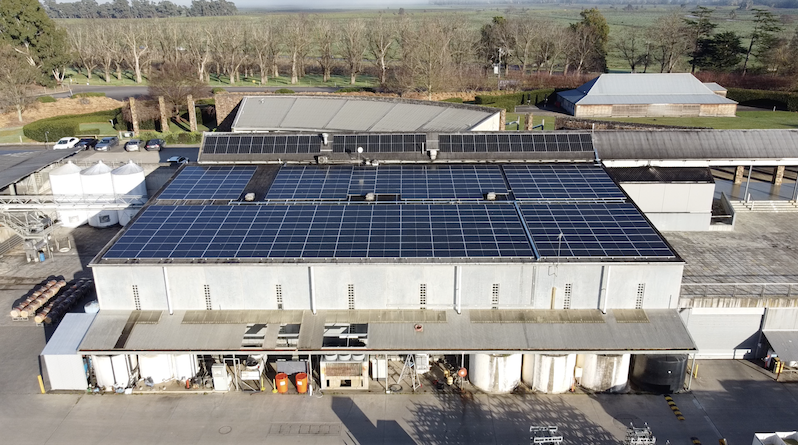
De Bortoli Wines: paving the way to zero waste
De Bortoli Wines, known for their commitment to sustainable winemaking, sought to integrate renewable energy into their operations as part of their zero-waste vision. Faced with rising energy costs and the need to reduce their carbon footprint, they turned to Acacia Energy for a solution.
The result was the installation of a 100kW ground-mounted solar PV system, strategically placed to maximise efficiency. This system now powers a significant portion of the winery’s operations, leading to a 60% reduction in grid energy usage. In financial terms, this translates to an annual savings of over $40,000.
The environmental benefits are also significant, with the winery cutting its CO2 emissions by 139 metric tonnes each year—the equivalent of taking 33 cars off the road. This approach not only supports De Bortoli’s sustainability goals but also frees up resources that can be reinvested in furthering their zero-waste initiatives.
Andrew Peace Wines: turning solar into savings
Andrew Peace Wines, a family-owned winery, was grappling with high energy costs, particularly related to the operation of water pumps for their vineyard. The solution? A significant investment in renewable energy to power a water treatment plant that allowed them to tap into an artesian water source on their land.
By installing a 1MW solar PV system along with three 500kVA bio-diesel generators, Andrew Peace Wines was able to significantly reduce their reliance on grid electricity. In the first year alone, this system delivered an impressive $710,000 in energy savings. This reduction in grid dependency also meant a 42% cut in grid electricity consumption, demonstrating how renewable energy can provide both economic and environmental benefits.
By generating their own power, Andrew Peace Wines not only slashed their energy costs but also reduced their carbon footprint, contributing to their broader sustainable winemaking goals.
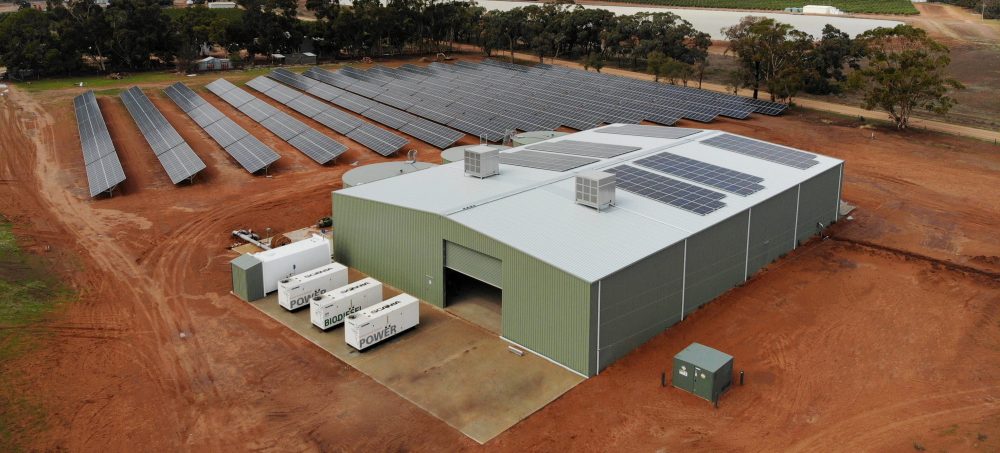
The impact of renewables on sustainable winemaking
These case studies highlight how renewable energy can be a game-changer for sustainable winemaking. From slashing energy costs and reducing carbon footprints to generating new revenue streams, the benefits are clear. By embracing renewable technologies, wineries like Andrew Peace, Yering Station, and De Bortoli are not just cutting costs—they’re also setting a powerful example for the industry.
The shift towards zero waste and sustainability is no longer just a nice-to-have; it’s becoming a crucial aspect of doing business in today’s environmentally conscious world. And with the financial and environmental benefits that come with renewable energy, it’s clear that this is a path worth taking.
For wineries looking to make a similar transition, these success stories serve as an inspiration and a roadmap for harnessing the power of renewables to achieve both economic and environmental goals. Contact Acacia Energy today to get started on a comprehensive energy assessment and begin your journey towards sustainability and savings.
Cover image by Thomas Schaefer on Unsplash
